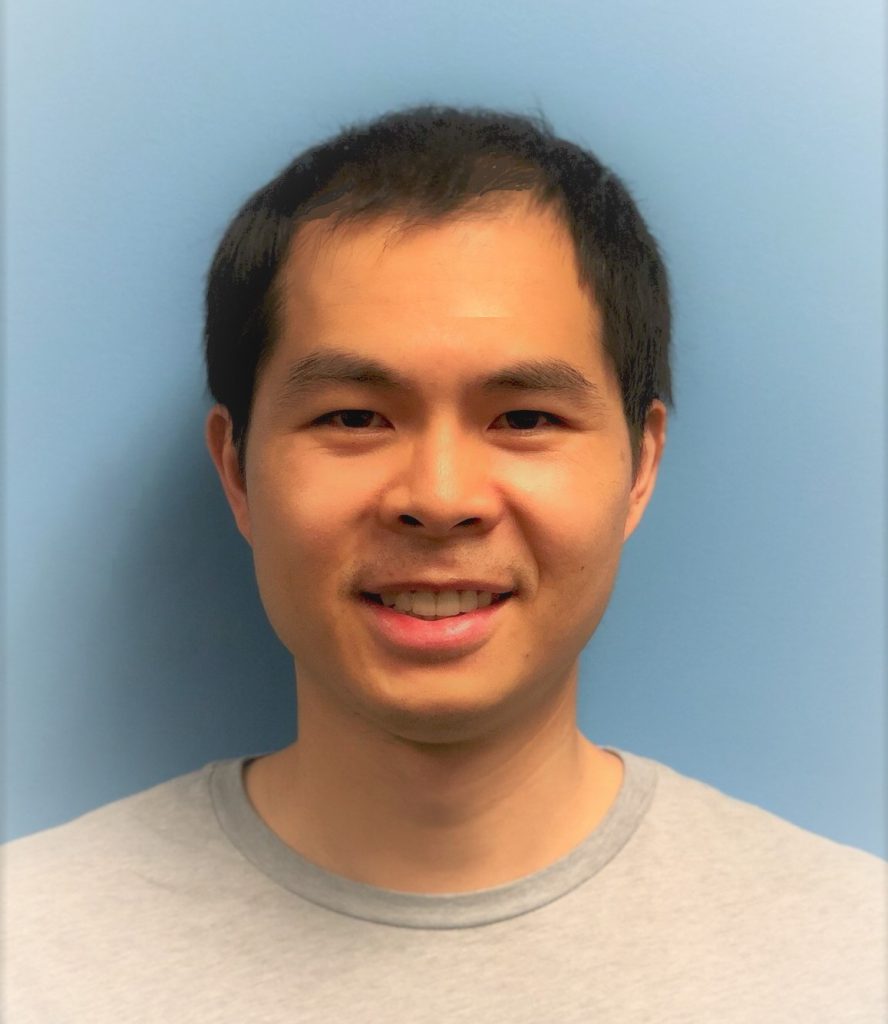
Dr. Zhifeng He
Industrial Research Scientist
Payroll Innovative, ADP
2575 Westside Pkwy
Alpharetta, GA, 30004
E-mail: zhifeng.he@adp.com
Dr. Zhifeng He is a Data Scientist at ADP. Previously he was a Data Scientist at Travelport. He got his PhD in Electrical and Computer Engineering from Auburn University, Auburn, AL. He is interested in machine learning, deep learning, optimization, distributed computing, and their applications in wireless networks. The research projects Dr. He has been working on includes:
Distributed computing platform for large-scale optimization problems in wireless networks; in traditional wireless networks, optimization problems such as resource allocation, data transfer scheduling are solved at the Base Station in a centralized manner, and decisions are then sent to the mobile users. This infrastructure introduces a heavy computational burden to the Base Station since all the computations are done at the Base Station, which often has limited computational power, and it takes long time for the Base Station to solve the problem; as the network size increases, the size of the optimization problem becomes too big for the Base Station to solve. How to design distributed optimization mechanisms where the computational burden at the Base Station can be shared by the mobile users to accelerate the solving of large-scale optimization problems, is an interesting topic. Dr. He proposed a Column Generation algorithm-based distributed computing system to accelerate the computation to solve large-scale optimization problems efficiently in wireless networks. The optimization problem is solved collaboratively by Base Station and worker nodes mobile users, which greatly relieves the computational burden of the Base Station and thus significantly accelerates the computational process. Besides, Dr. He also proposed a novel communication mechanism between Base Station and mobile users to reduce communication time and power consumption for the distributed computing system by minimizing the exchanged information volume. This project is an ongoing work of this paper: Zhifeng He, Shiwen Mao, and Sastry Kompella, “A decomposition approach to quality of service driven multi-user video streaming in cellular cognitive radio networks,” IEEE Transactions on Wireless Communications, vol.15, no.1, pp.728-739, Jan. 2016. DOI: 10.1109/TWC.2015.2477509.
Online learning time series prediction and paralleled computing library implementation: time series prediction is widely applied in different areas such as demand forecast and stock forecast. Traditional statistical time series prediction algorithms such as ARIMA is computational demanding in that each time when a new data comes in, due to the uncertainty of the time series data, it needs to recalculate all the model parameters and coefficients to get a new model, in order the capture the new pattern of the time series data. However, recalculating all the model parameters and coefficients is computational expensive, especially when there are billions of different time series data to predict. Dr. He proposed an online learning algorithm to fine tune the model at each time slot by minimizing the difference between predicted value and the observed true value at each time slot using Gradient Descent. The proposed method is shown to be much faster than recalculating all model parameters and coefficients. Besides, Dr. He also implemented the proposed algorithm using CUDA which is a paralleled computing platform, so that the proposed algorithm can solve millions of different time series prediction problems in real time, which is the first time among all existing libraries.
